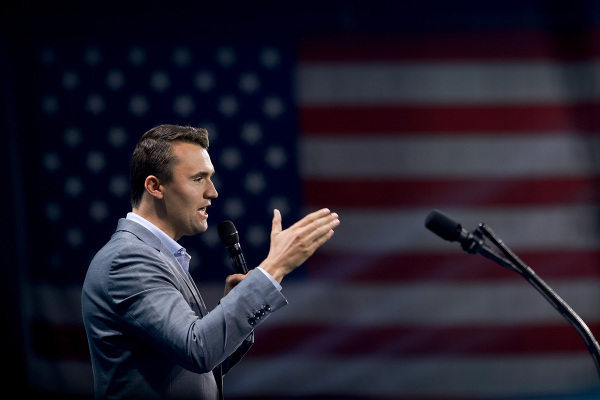'Rise of the Planet of the Apes' Director Open to a Sequel?
“Rise of the Planet of the Apes” brought in $54 million over its weekend debut, greatly exceeding box office expectations.
Rupert Wyatt, the film’s British director, told BBC News that the reaction garnered by the movie “surpassed his expectations.”
“The reaction has been so strong that we’ll hopefully get to do it again,” Wyatt said about the prospect of a sequel.
He said, “I’ve got plenty of ideas,” when asked about a follow-up movie. Wyatt told BBC that he would “be keen to direct an Apes sequel if he was asked.”
“Rise of the Planet of the Apes” is Wyatt’s second feature film. He directed “The Escapist,” the thriller was released at the 2008 Sundance Film Festival and made its North American theater debut in April 2009.
The film was described as “a tense, smart prison break movie, The Escapist is a sharp debut from director Rupert Wyatt” and received a 65 percent on Rotten Tomatoes. The movie grossed $13,439 in American theaters.
“Rise of the Planet of the Apes,” left Wyatt “speechless” with a solid first place box office ranking. The movie grossed $54 million for its North American theater debut and $23.4 million abroad.
“For a Hollywood blockbuster it seems to have got such strong reviews. All of the critics that I read and respect have really gone for it. I’m speechless,” Wyatt told BBC News.
“Rise of the Planet of the Apes,” offers a new take on one of the most successful franchises. The film takes place in present day San Francisco and stars James Franco, Freida Pinot, John Lithgow, Brian Cox and Tom Felton.
The movie is told through the eyes of a chimpanzee named Caesar, played by Andy Serkis.
“Rise of the Planet of the Apes” is a reality-based, science fiction/fact blend, where an ambitious scientist, played by Franco, uses genetic engineering to develop the intelligence of apes and starts a war for domination.
The film uses “performance capture” technology, as seen in AVATAR, and will feature photo-realistic apes instead of costumed actors.
“One always assumes that the audience wants to see massive explosions or visual spectacle, but this is much more about using the special effects to create character and nuance,” Wyatt told BBC News.





















